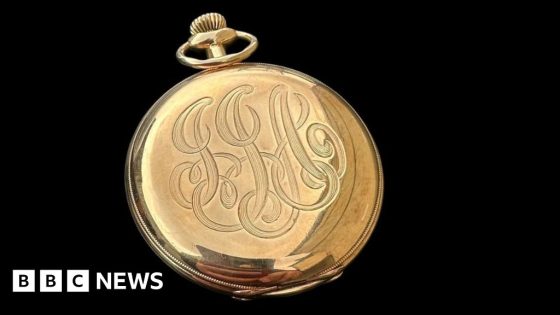Over 450 Indian Sikhs were present for the ceremony.
Lahore:
The restored statue of the first ruler of the Sikh Empire, Maharaja Ranjit Singh, which was earlier damaged by religious extremists, was unveiled at Kartarpur Sahib on Wednesday in the presence of over 450 visiting Indian Sikhs.
Members of the Sikh community from Pakistan and India posed for a picture in front of the statue of the emperor.
Punjab’s first Sikh minister (for minorities) and president of the Pakistan Sikh Gurdwara Parbandhak Committee (PSGPC) Ramesh Singh Arora unveiled the statue. Kartarpur Sahib is also known as Gurdwara Darbar Sahib and is situated about 150 km northeast of Lahore, close to the Indian border.
“We have installed Maharaja Ranjit Singh’s statue at Gurdwara Darbar Sahib, Kartarpur Sahib, today in the presence of local and Indian Sikhs,” Mr Arora told PTI.
The 44-year-old Pakistan Muslim League-Nawaz (PML-N) leader said that the restored statue is placed at Kartarpur Sahib primarily so that Indian Sikhs visiting here across the border using the corridor could also see it.
“At Kartarpur, better security will also be ensured for the statue of the Sikh leader that was vandalised earlier at Lahore Fort,” he said.
The 455 Sikhs who arrived here from India last week to take part in events in connection with Maharaja Ranjit Singh’s death anniversary attended the inauguration of the statue. They will stay for a day in Kartarpur.
The nine-foot-tall bronze statue of Maharaja Ranjit Singh was first installed at the Lahore Fort near his ‘samadhi’ in 2019. It was vandalised twice by members of the Tehreek-e-Labbaik Pakistan (TLP).
The statue of the great Sikh ruler of Punjab was a gift to the people of the province from a body in the United Kingdom.
It is learnt that the statue, which depicts the Maharaja on horseback took eight months to complete and was sponsored by a United Kingdom-based historian and Sikh Khalsa (SK) Foundation head, Bobby Singh Bansal. The weight of the statue is said to be between 250 and 330 kg.
Maharaja Ranjit Singh was the founder of the Sikh Empire, which ruled the northwest Indian subcontinent in the early half of the 19th century.
(Except for the headline, this story has not been edited by NDTV staff and is published from a syndicated feed.)
Source Agencies




